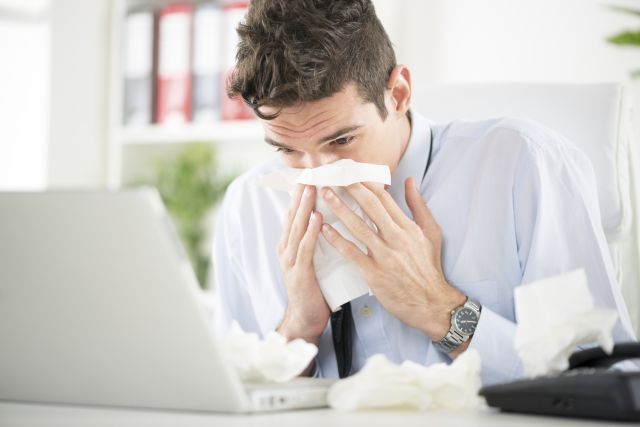When it comes to a lingering case of the sniffles, your first instinct may still be to run to the family doctor for an antibiotic to knock them out.
The truth is, though, antibiotics aren’t a one-size-fits-all solution when you aren’t feeling well. And when you take them for the wrong reason, they can actually do more harm than good.
What Happens When I Take an Antibiotic I Don’t Need?
A doctor prescribes an antibiotic when bacteria, rather than a virus, causes the illness in question. This means if you’ve got a cold, the flu, or even something like mono, an antibiotic isn’t going to make you feel better.
They could also bring on some not-so-pleasant side effects, like an allergic reaction or upset stomach. Overuse and misuse of antibiotics also contribute to antibiotic resistance, which is what happens when the bacteria adapt and make the medication ineffective. This means longer, more severe infections.
When Are Antibiotics the Right Choice?
There are times when an antibiotic is still the best bet for getting you back on your feet, though, and if you have symptoms of these six illnesses, it could be time to head to your doctor for a prescription.
Bacterial sinus infection - may set in after a cold, but also can be hard to distinguish from a cold
- Symptoms: Cloudy or discolored nasal drainage is the big clue, along with headaches, facial tenderness, congestion, bad breath, fever and fatigue. Symptoms that last more than 10 days, or get better then worse again, suggest a bacterial infection.
Whooping cough - a serious bacterial respiratory infection that mainly affects infants younger than six months old, kids who haven’t been immunized and older children and adults whose immunity is wearing off
- Symptoms: Early symptoms include runny nose, mild cough, low-grade fever and sneezing. After one to two weeks, severe coughing fits often appear. They can last over a minute, followed by a “whooping” sound, vomiting and exhaustion.
Strep throat - a contagious sore throat infection caused by Streptococcus bacteria, more common in children than adults
- Symptoms: A severe sore throat may be accompanied by a fever of 101°F or above, swollen tonsils (sometimes with white patches), red spots on the roof of the mouth, headache, nausea, vomiting, swollen lymph nodes and a rash.
Bacterial ear infection - occurs when germs cause fluid buildup in the middle ear; it can also cause the tubes in the ear to become blocked or swollen
- Symptoms: Most ear infections, viral and bacterial, share common symptoms such as fever, headaches, ear pain, pressure in the ear, drainage, reduced hearing and dizziness.
Urinary tract infection (UTI) - an infection of the urinary tract—including the urethra, bladder and kidneys—most commonly caused by bacteria; affects more women than men.
- Symptoms: Symptoms of a UTI vary by age, but most commonly include an intense need to use the restroom, burning or pain during urination and cloudy or dark urine. In older adults, symptoms can be vague and include weakness, fatigue, muscle aches and abdominal pain.
Bacterial pneumonia - A serious bacterial infection in the lungs; often a complication of the flu
- Symptoms: Bacterial pneumonia often causes very high fever, sweating, increased heart rate and rapid breathing, along with a cough, shortness of breath, sharp chest pain, headache, loss of appetite and, in older adults, confusion.






